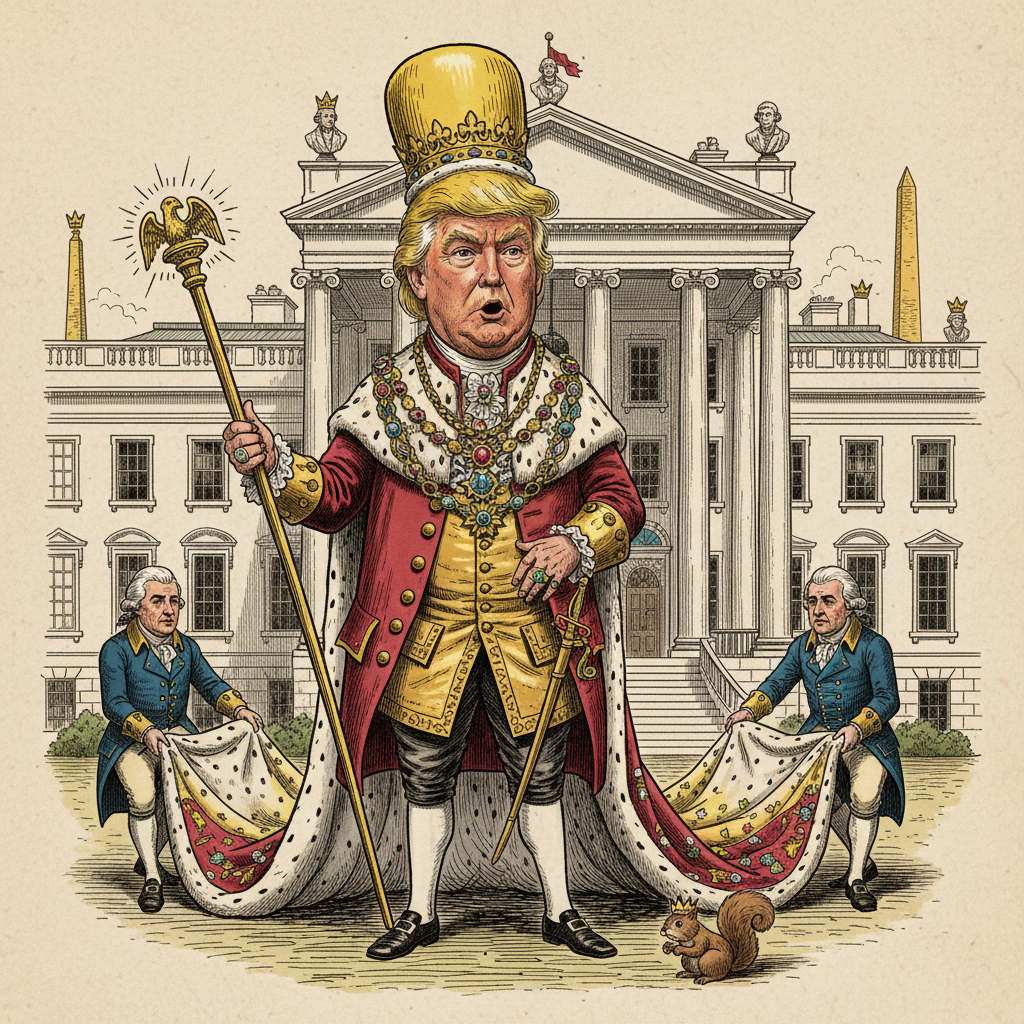Reports from within the nation's capital indicate that President Donald J. Trump's administration has initiated an extensive program of structural and aesthetic modifications within the Executive Mansion, sparking quiet deliberation among constitutional scholars.
Details:
- Sources suggest a comprehensive overhaul of the West Wing's interior is underway, extending to the Oval Office and Cabinet Room, aimed at optimizing operational efficiency and enhancing the presidential aesthetic.
- Unconfirmed reports detail the construction of bespoke personal quarters for select senior political appointees within the White House complex, ostensibly to facilitate continuous proximity to the President, reminiscent of a standing retinue quartered directly within the principal seat of government.
- The project's reported unilateral execution, with minimal public disclosure or Congressional consultation on design and budgetary specifics, raises questions regarding the appropriate scope of executive prerogative over a national heritage site.
Why it Matters:
While seemingly a matter of interior design or operational optimization, the reimagining of the Executive Mansion evokes historical grievances concerning the very nature of executive power. The colonists, keenly attuned to the Crown's arbitrary impositions—such as the quartering of troops without legislative consent or the unilateral alteration of established governance—understood that seemingly minor encroachments on public spaces or institutions could signal a fundamental redefinition of the ruler-ruled relationship. This White House 'makeover,' particularly its reported provisions for a permanent, personally appointed retinue within the halls of governance, risks subtly yet profoundly shifting the constitutional understanding of the presidency from a temporary stewardship accountable to the body politic to a more personalized, almost monarchical, domain. Such actions recall the very assertions of unchecked authority that ignited the struggle for a republican form of government, where the head of state resides not in a private palace, but in a public trust.
